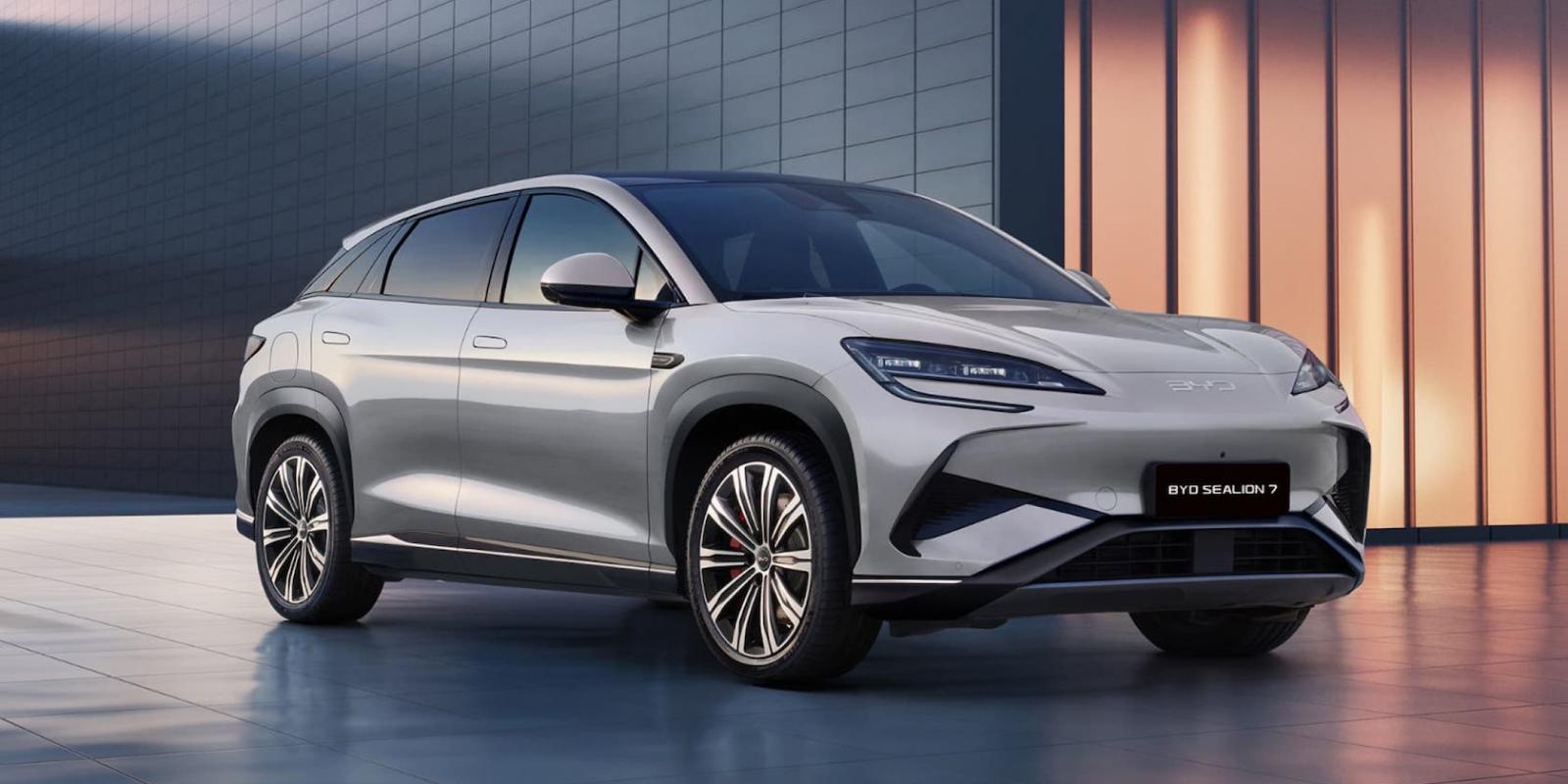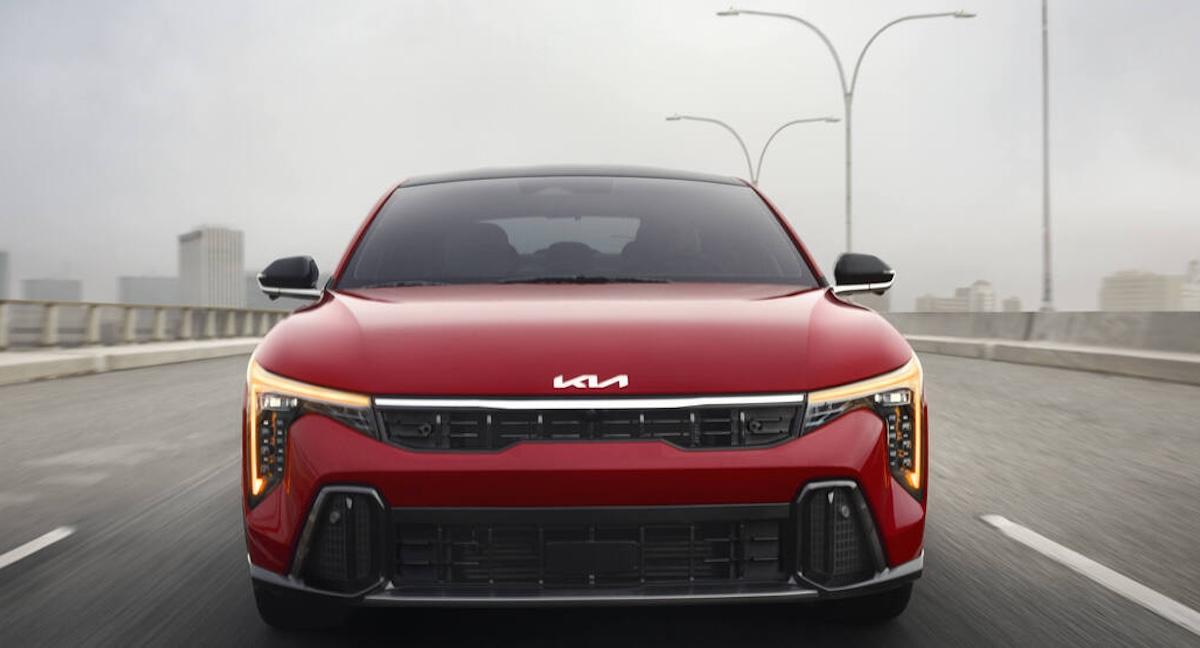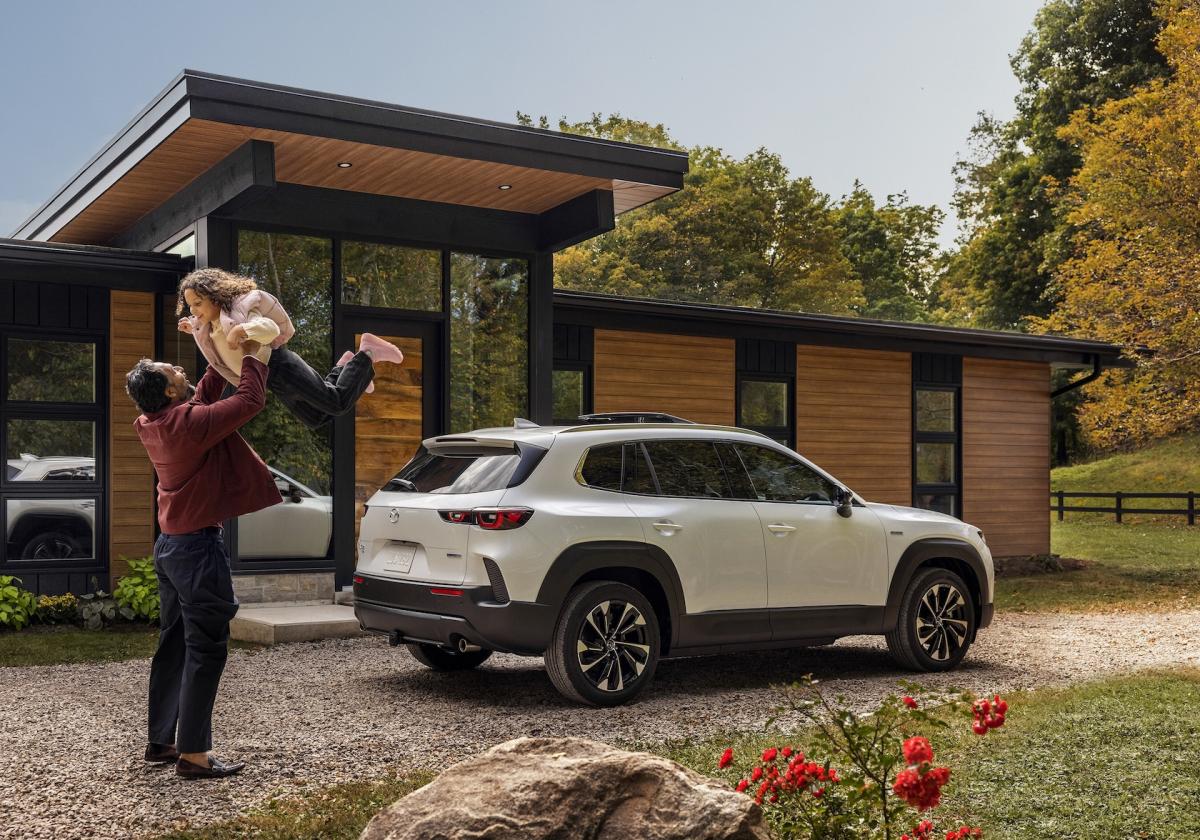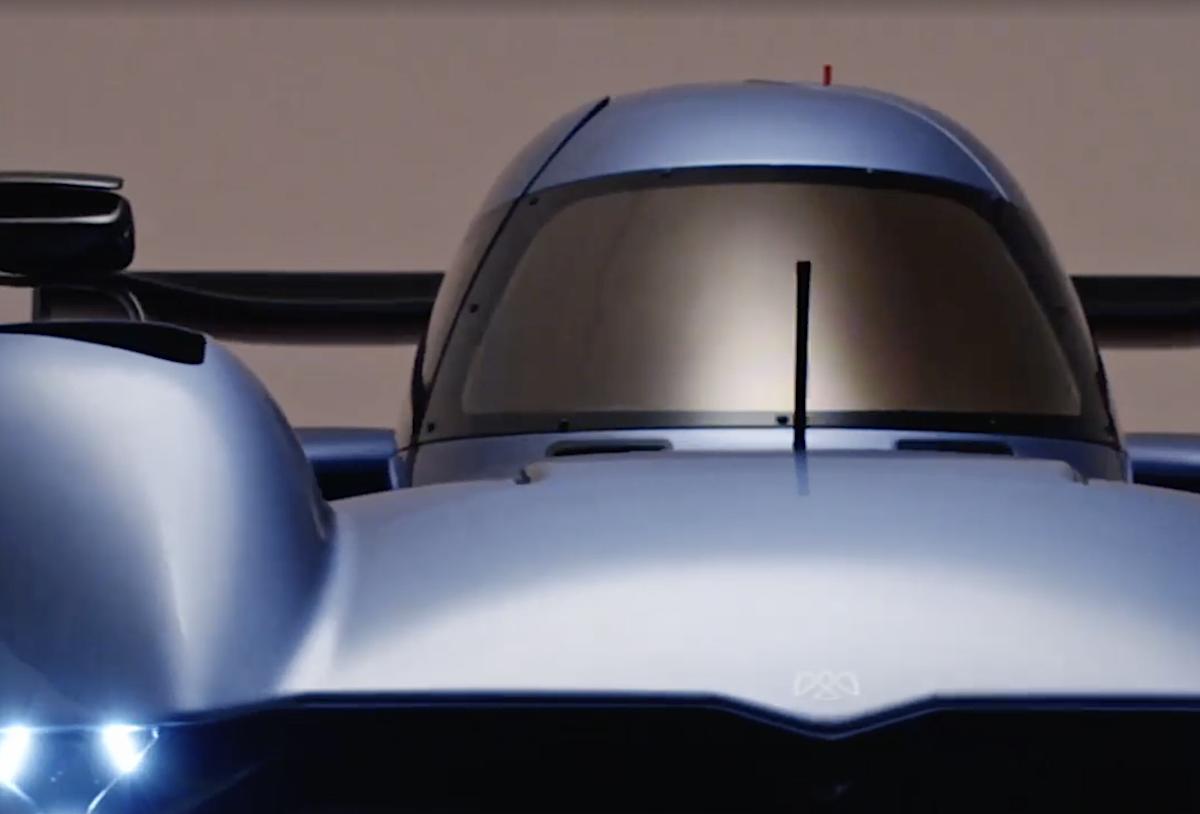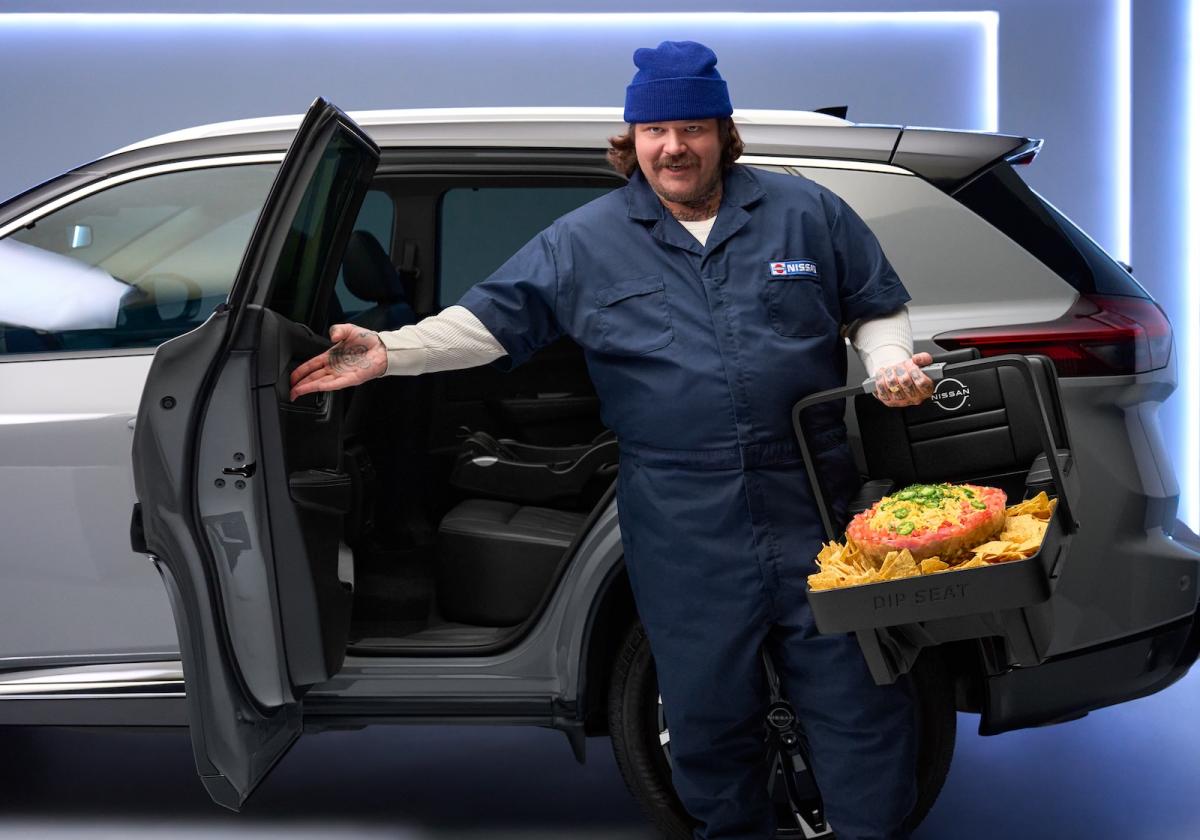According to a Shell Plc survey, electric vehicles (EVs) are becoming less appealing to prospective drivers in Western countries even while current owners express greater satisfaction with their battery-powered vehicles.
According to the survey, drivers of gasoline-powered automobiles in the US and Europe are becoming less interested in switching to electric vehicles, indicating that high upfront costs and infrastructure continue to be a major obstacle to the adoption of these vehicles.
David Bunch, Group Executive Vice President of Mobility and Convenience at Shell, said in a statement last week that although existing EV drivers are feeling more confident, new consumers are finding it difficult to make the switch due to the relatively high cost of owning an EV and wider economic pressures including range anxiety and charging issues. Affordability was highlighted by 43% of non-EV drivers in Europe.
A Shell poll of over 15,000 drivers in China, Europe, and the US revealed the widening gap in opinions towards electric vehicles. The level of interest in switching to an EV among gasoline car drivers in the US was down to 31%, compared with 34% in 2024, according to the survey. Interest from non-EV drivers in Europe decreased from 48% to 41% last year.
Only China had significant improvements among the nations polled, as the percentage of single vehicle EV owners increased “from 72% to an impressive 89%,” according to Shell. The nation is notable around the world for its startling advancements in battery-powered car technology and pricing.
Greg Jackson, the founder and CEO of Octopus Energy, stated on Tuesday at a panel at a Shell EV event in London, “It is mind-blowing to see what happens when a government is aligned so that the industrial strategy, planning, the markets, and energy all line up to back this. And suddenly in a very small number of years, China went from essentially no EVs to more than half of sales.” he said.
Nine out of ten EV drivers worldwide said they would think about making a similar purchase for their future car. According to the poll, three-quarters of EV drivers stated that the variety and accessibility of public charging stations has improved, and about 60% of EV drivers stated that they are less concerned about running out of charge now than they were a year ago.
CARLIST THOUGHTS
Shell is still dedicated to EVs and has more than 75,000 charging stations worldwide, despite pulling back from some of its low-carbon initiatives. “More needs to be done to boost demand and make sure that the transition to cleaner transport doesn’t leave anyone behind,” Bunch stated. In an interview, he stated, “I think the wake up call for us all should be in what has been the vanguard of EV adoption and energy transition policy, you see a decline. Simply sitting here and crossing our fingers is not an option,” he stressed.

